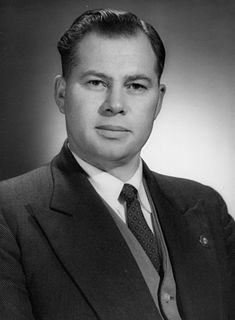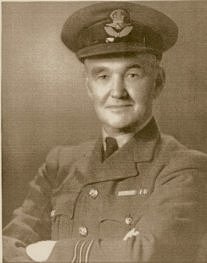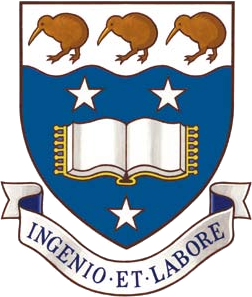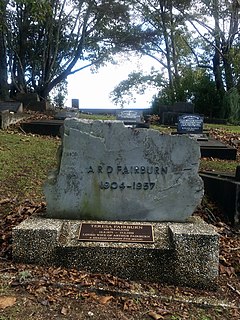
SS Elingamite was an Australian passenger steamer of 2,585 tons, built in 1887, and owned by Huddart Parker. The ship was wrecked on 9 November 1902 off the north coast of New Zealand carrying a large consignment of gold. Now the Elingamite wreck is a favourite site for adventurous divers because of the drama associated with it, and wild tales of lost treasure.

Colonel Arthur Espie Porritt, Baron Porritt, was a New Zealand physician, military surgeon, statesman and athlete. He won a bronze medal at the 1924 Summer Olympics in the 100 m sprint. He served as the 11th Governor-General of New Zealand from 1967 to 1972.

Sir Brian Gerald Barratt-Boyes was a pioneering heart surgeon from New Zealand.

Michael Edward Rainton Bassett is a former Labour Party member of the New Zealand House of Representatives and cabinet minister in the reformist fourth Labour government. He is also a noted New Zealand historian, and has published a number of books on New Zealand politics, including biographies of Prime Ministers Peter Fraser, Gordon Coates and Joseph Ward.
Sir George Robert Laking was a New Zealand diplomat who served as High Commissioner to the United Kingdom, Ambassador to the United States, Secretary of Foreign Affairs and Chief Ombudsman.
Dame Barbara Goodman was an Auckland, New Zealand politician.

Ronald Leslie Bailey was a New Zealand politician of the Labour Party.
Hamish Henry Cordy Keith is a New Zealand writer, art curator, arts consultant and social commentator.

Sir Peter David Gluckman, ONZ, KNZM, FRS, FMedSci, FRSNZ is a New Zealand scientist. Originally trained as a paediatrician, he served as the inaugural Chief Science Advisor to the New Zealand Prime Minister from 2009 to 2018. He is a founding member and current Chair of the International Network for Government Science Advice, and is President-elect of the International Science Council.
Thomas Henry Logan was a New Zealand water polo player, swimmer, surf lifesaver, dentist and naval officer.
Nigel Raymond Latta, is a New Zealand psychologist and author. He is also the host of the television show Beyond The Darklands, The Politically Incorrect Guide to Teenagers and The Politically Incorrect Parenting Show. He revealed on The Hard Stuff with Nigel Latta that he had 3 stints at university from 1986-1995, two in Otago University in philosophy, zoology, and finished in Auckland University with BSc in clinical psychology and postgraduate diploma.
Dame Cecily Mary Wise Pickerill was a New Zealand plastic surgeon.
Leslie Cecil Lloyd Averill was a New Zealand soldier who served during the First World War on the Western Front. After the war, he became a doctor and established a private practice in his hometown of Christchurch. He also served as a medical administrator and community leader.

Edward Caradus was a New Zealand analytical chemist, educator and administrator. He developed a model for training aircrew during World War II. In 1949 he became the first chair of the National Trades Certification Board.
Edward Neill "Ted" Baker is a New Zealand scientist specialising in protein purification and crystallization and bioinformatics. He is currently a distinguished professor at the University of Auckland.
Sir Patrick William Eisdell Moore was a New Zealand surgeon and medical researcher. He was a pioneer in cochlear implants, and was the first person in the world to perform an eardrum transplant. He also served as a medical officer in World War II, and was the only Pākehā in the 28th Māori Battalion. His autobiography So Old So Quick was released in 2004.
The 1956 New Year Honours in New Zealand were appointments by Elizabeth II on the advice of the New Zealand government to various orders and honours to reward and highlight good works by New Zealanders. The awards celebrated the passing of 1955 and the beginning of 1956, and were announced on 2 January 1956.

Alfred Onslow Glasse was a former Chief Engineer of the Auckland Electric Power Board who later became President of the New Zealand Institution of Engineers and later served as Deputy Mayor of Auckland City.
The Sir Douglas Robb Lectures are a lecture series that have existed at the University of Auckland in New Zealand since 1968. The series is named in honor of Sir Douglas Robb, and is noted for producing physicist Richard Feynman's QED lectures.













